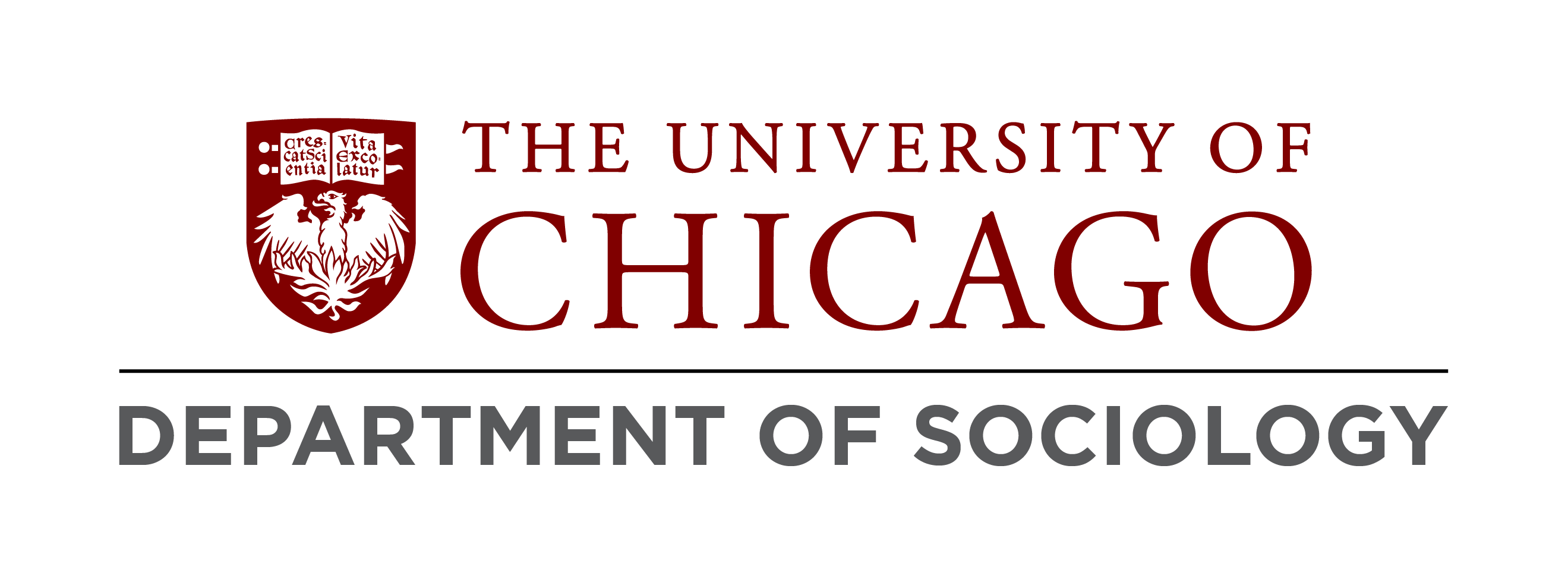Curriculum and Handbook
The Ph.D. training in the Department of Sociology is designed to give students a comprehensive introduction to the discipline and opportunities for each student to pursue their particular research interests.
First-year coursework/exams and the qualifying paper provide students with a firm foundation in many major subfields as well as the skills required for scholarly research. In years two and three, students complete two special field requirements, alongside a second year Writing Seminar and a third year Dissertation Proposal Seminar. Students enrolling in Autumn 2025 and later must meet the divisional teaching requirement, while students enrolling before Autumn 2025 complete four mentored teaching assistantships with sociology faculty who are teaching courses in their methodological or substantive areas of interest. Students are expected to defend their dissertation proposals and advance to candidacy by the spring quarter of year four, and to defend and graduate no later than the spring quarter of year seven. As per the University of Chicago rules, all Ph.D students have guaranteed funding for up to seven years as long as they are making good progress toward their degrees.
More detailed information about degree requirements and funding for the Ph.D. may be found in the Student Handbook. For current enrolled Ph.D. students who matriculated in 2019 or earlier, an older version of the handbook can be found here.
Students with questions about program requirements and milestones should contact Brett Baker (bbaker@uchicago.edu), Associate Dean of Students in the Social Sciences, or Amanda Young (amanday@uchicago.edu), Director of Graduate Student Affairs in UChicagoGRAD. Current Sociology graduate students and applicants to the doctoral program are also encouraged to reach out to Lisa Parisi (lisaparisi@uchicago.edu), Graduate Student Administrator for Sociology, who is glad to help navigate department-specific requirements, processes, and resources.
 THE UNIVERSITY OF CHICAGO
THE UNIVERSITY OF CHICAGO

